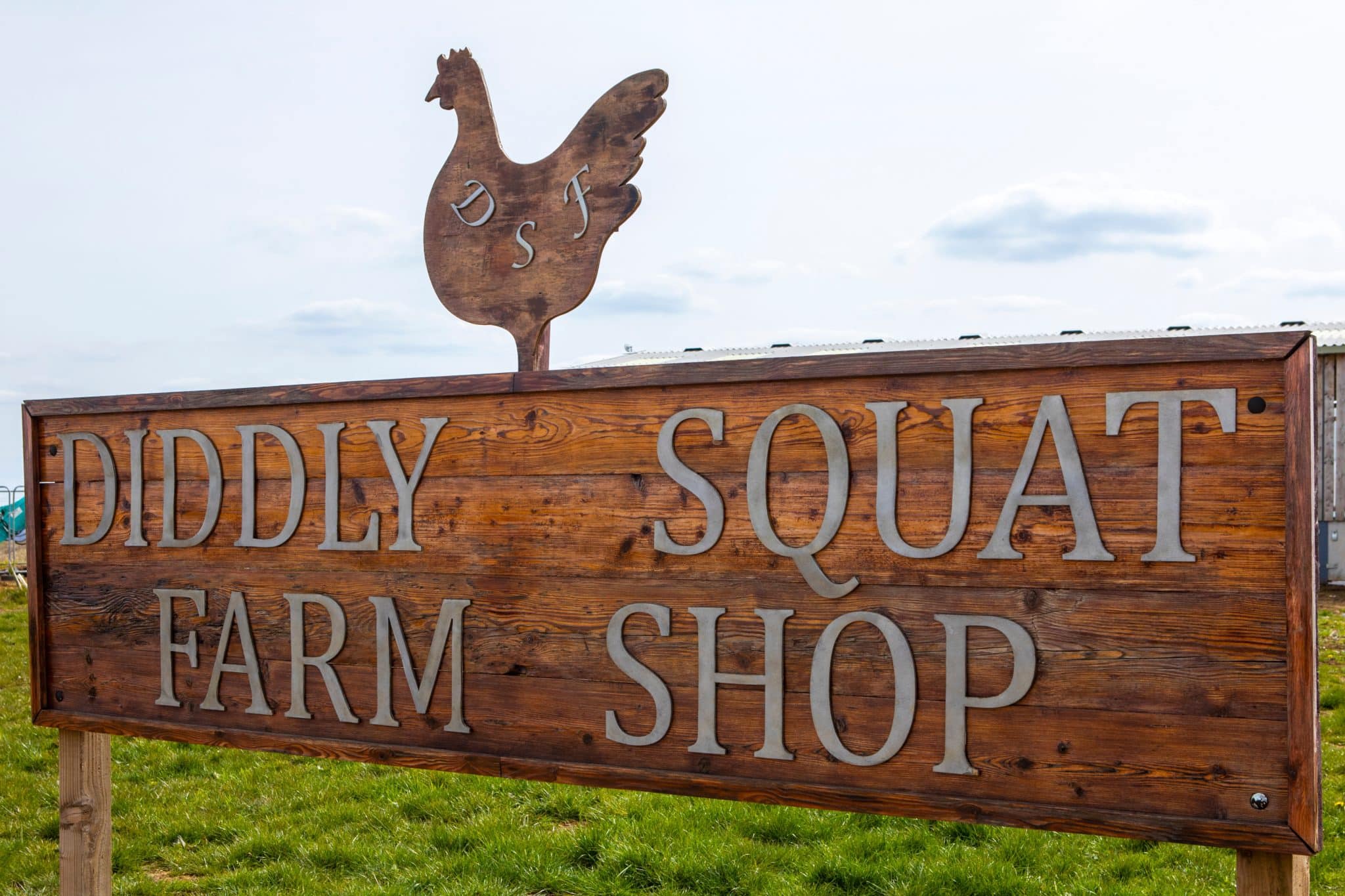On The News Agents podcast last Thursday, petrolhead turned farmer of the year Jeremy Clarkson talked about the need for people to pay more for their food so that farmers get a fairer price. But is this the silver bullet that will solve unfairness in the food system?
I don’t think so, because inequality in the food system stretches from unfair prices for farmers, to low wages and precarious jobs for workers across the food supply chain, and the millions of people in the UK living in food poverty.
Just nine supermarkets control over 90 per cent of the UK’s food sales, which are worth about £200 billion per year. Meanwhile, last minute cancellations and unexplained fees on supplier invoices are just some of the supermarkets’ unfair trading practices. This monopoly means farmers have no choice but to accept such extra fees.
On average, farmers only get between eight to 10 per cent of the final price of our food. Simply put, farmers are price-takers and have no negotiating power, leading to the loss of tens of thousands of small and medium farm businesses over recent decades. And this could get worse as new trade deals will undermine British farmers.
The government and others need to step up. Let’s invest in diversifying the UK’s food system, through new infrastructure, partnerships, and start-ups. Having more diverse routes to market would give farmers greater bargaining power.
We need stronger fairness regulations and good standards in new trade deals; imported food should meet the same standards that British farmers work to. Plus, the new schemes that pay farmers to do positive things for the environment (Environmental Land Management) need to be properly funded and make sense economically for farm businesses.
Food and farm workers are some of the lowest paid in the UK and these jobs can also be quite precarious, especially for migrant workers. And this is at a time when the UK farming sector is experiencing a huge shortfall of workers. Good pay, conditions, and rights are paramount. The sector, working with government, must find ways to improve this situation.
Food may seem cheap, and farmers might get a rubbish price, but there are millions of people in the UK, one million adults and four million children, living in food poverty. The cost-of-living crisis will push more people into insecurity. For those people, there is no option to pay more.
Ideally, across the wider economy, the real living wage would become the baseline; this would give working people more disposable income to spend on things like food. Equally, Universal Credit must be linked to the true cost-of-living for the same reason.
The UK government should be expanding and funding the Free School Meals programme and the Healthy Start voucher scheme, so that more children and young parents can access healthy food. And all publicly procured food should set an example of paying the true cost of production.
So, we’ve got to challenge the wider issues of the food system. Simply saying that people need to pay more for their food will not solve more of those fundamental problems. What I’m trying to say is like many things, the food system needs transformational change, and that needs to be done with everyone in mind and in a collaborative way.
















I haven’t read Clarkson’s article but people do need to pay more for their food. The author is also correct. Unfairness in the food system, which has unacceptably become the norm, can’t be corrected solely by the consumer paying a fairer price for their food, but it is a solid starting point.
The bargaining power of the supermarkets needs to be broken.
Successive governments should not have let them become such behemoths in the first place.
I am not opposed to paying a little more for food to help farmers- but only if this will help smaller farmers carry on.
It is easy to forget that the majority of farms in the UK are now large agribusinesses, these have the economies of scale meaning they do not need to get extra for their wares.
We are told we have to accept this industrial scale farming , but the goods they produce need to be very affordable, otherwise why should we accept it?
I haven’t shopped at a supermarket for over 10 years now, nor, hopefully, will I need to. I support smaller shops / businesses. I am also blessed with a plethora of organic food shops where I live in South Devon. But as with the NHS / Railways / Post Office, the food industry is broken, and sticking plasters won’t mend it. Nor will a government based on making profits. Hopefully a future government will take affordability, nutrition, ethical farming, inclusivity and mental health and put them all into a pot and produce a system that serves all of those factors. But I’m not holding my breath….